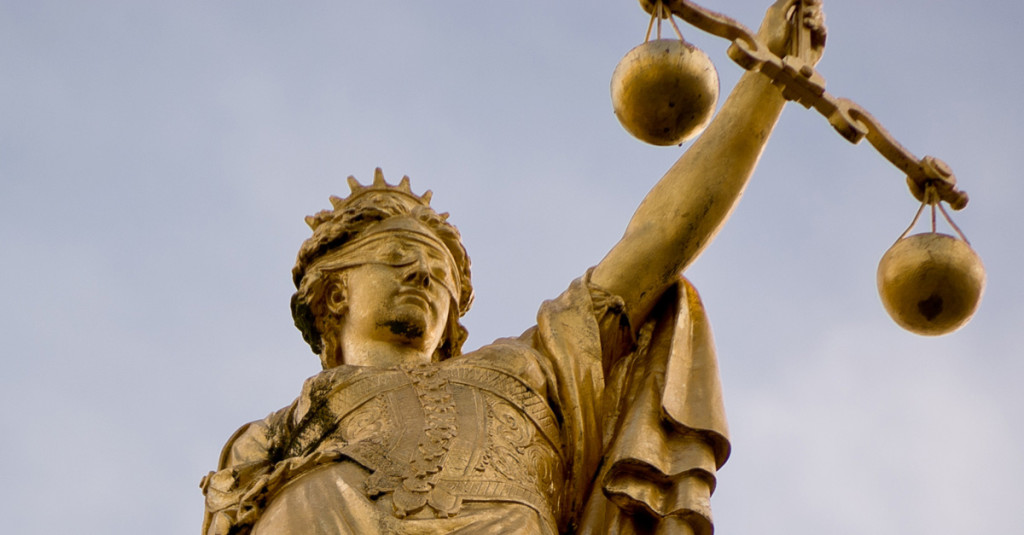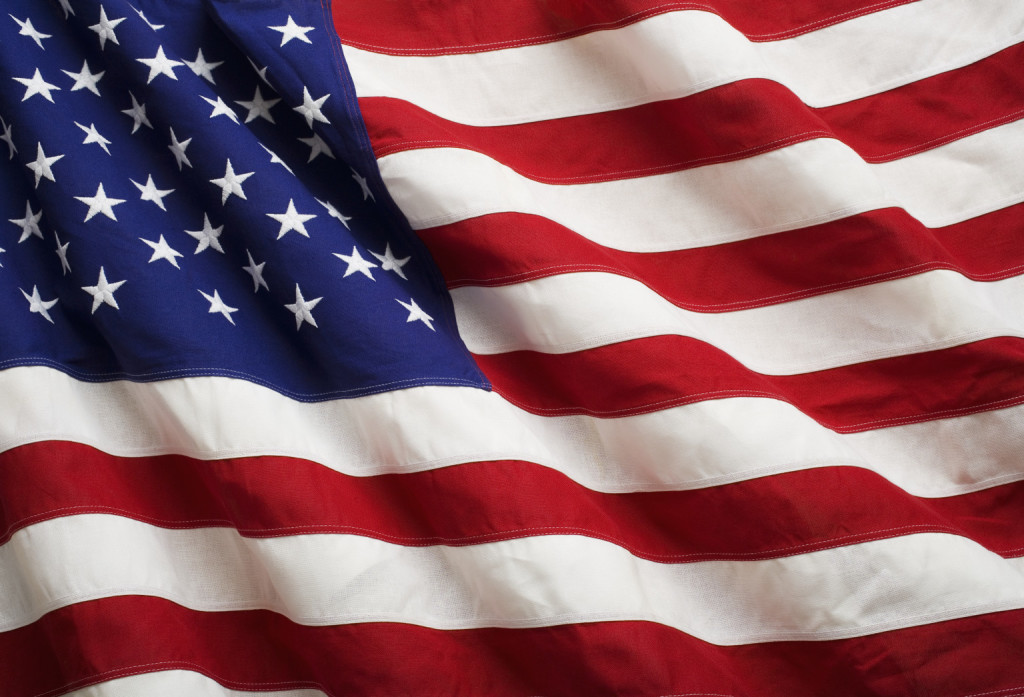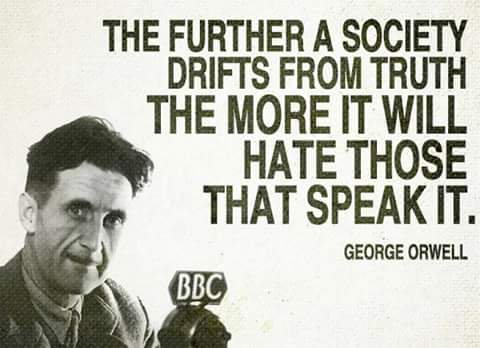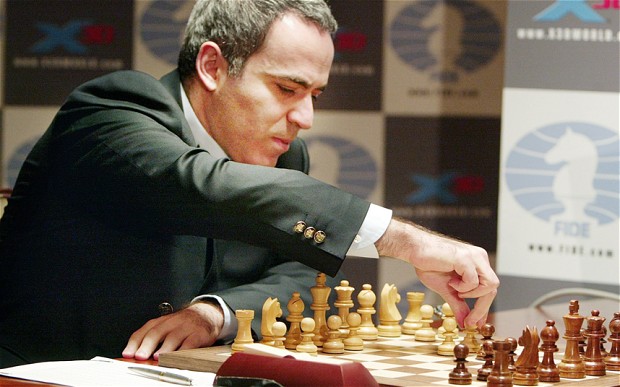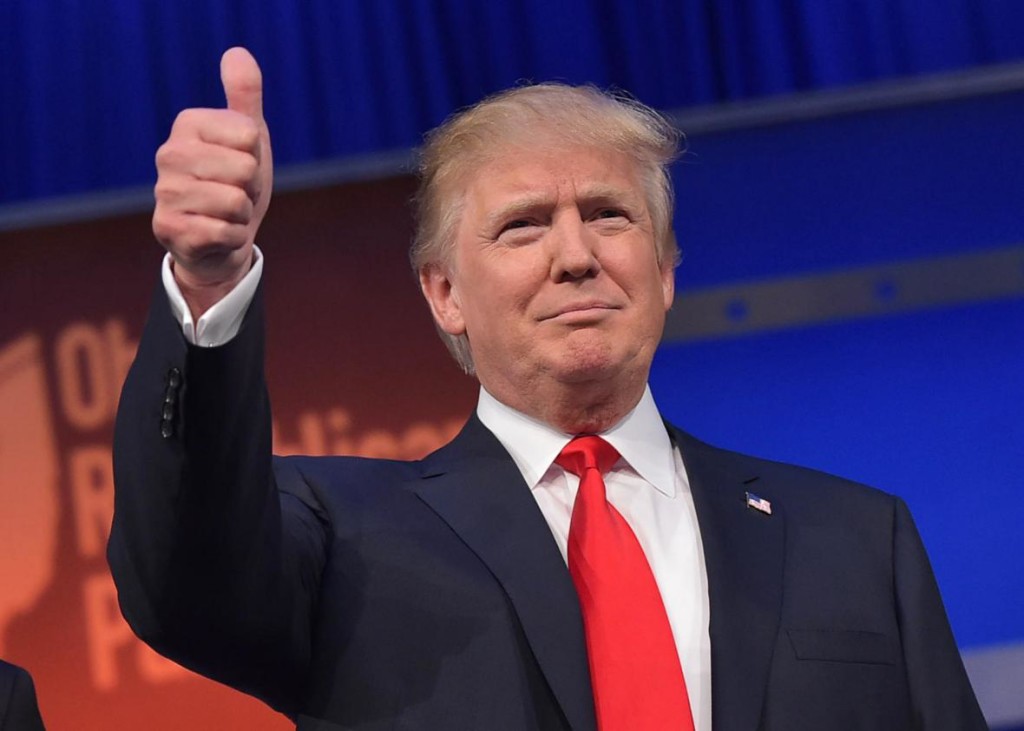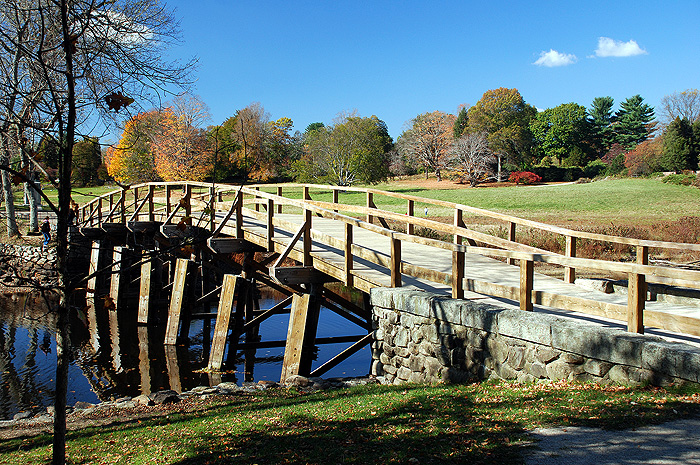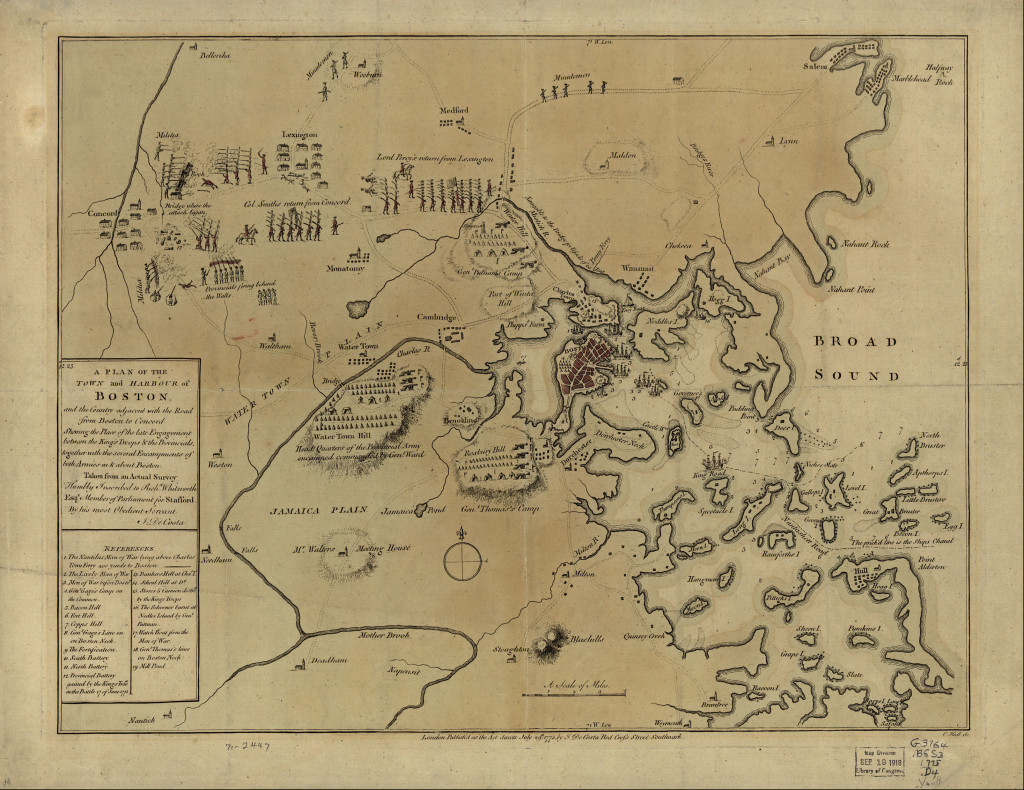When the Constitutional Convention met between May and September 1787, the delegates hoped to codify substantial improvements in the previously governing Articles of Confederation that would create a national consensus of governance. The weaker Articles had led to poor decision making and conflict resolution structure, and lack of vision and resources to face the future. A carefully debated and perfected set of checks and balances were devised to provide limitations to the power of centralized government, so recently faced at great peril and barely overcome with so much blood and treasure. The delegates wanted to make sure the aristocratic impulses that are promulgated in the coalescence of power were blocked by a division of capabilities. The Legislature elected by the People would propose laws of the land and secure their passage, and provide the means for their investment. The Executive would use his office to faithfully execute those laws. The Judiciary would adjudicate and secure that both the intent of the laws and their execution would be consistent with delineated and limited capabilities of government specified in the Constitution. Balanced between democracy and forbearance, the document known as the Constitution of the United States was a miracle of its time, and of all time.
The classical liberals of the time of the revolution were, however, not satisfied with the extent of the document to protect the hard won liberties for individuals that had been the causal impulse of the revolution itself. In order to secure the passage of the Constitution by the states required for its entry as the new government of the land, amendments codifying the Unalienable Rights of individual citizens were insisted upon as a price for constitutional support. The passage of ten amendments to the Constitution ratified by the states in 1791, collectively known as the Bill of Rights when passed through the newly formed House of Representatives, secured the rights of the people to liberty,freedom of expression, assembly and worship, self defense, due process and equal protection under the law, and to the states any rights and duties not reserved specifically for the national government.
And there the two pillars of the concept of law have stood since the beginning of the nation, buffeted and strained by events, the bizarre duality of the existence of slavery in a land where all men were created equal and the expunging of that stain by the calamity of civil war, the dangers of unfettered capitalism creating oligarchies, the risk to republican concepts in the dark days of depression, and the existential risks created by world war. Through all, the incredible strength provided by such documents prevented the dissolution of the country, and the unrivaled opportunity for all who came to her shores. Here was a land where the entitled and the indigent, the strong and the weak, the native and the immigrant, the old and the newly born all could assure themselves of their codified protection and rights secured in a rule of law and equal justice that resisted the emotions of the time.
Now we are at a time of similar danger to the concept of the rule of law, but unlike other times, the number of people who understand what is at stake appear to be a rapidly diminishing herd. The nation that used to see as its cornerstone, the education of its youth and newly arrived immigrants in the study of civics, setting this country uniquely among others, now faces an utter ignorance from its own citizens and an arrogant disdain from its governing officials that puts rule of law on the endangered list.
The past weeks, with overt abominations, equivalences, and violent, deadly altercations suggest potentially fatal wounds to the country’s psyche and institutional confidence.
Though the examples are diverse, the threat to the rule of law as the honest arbiter of conflicts and eliminator of corruption is the underlying meme. Exhibit number one is the email security scandal of the former Secretary of State of the United States. The Congress, in order to protect the people of the United States against enemies of the country gaining access to information that put the nation or individuals at risk, passed laws to guard against such damage being done, either willfully or through deceit or negligence. The rule of law secures both the protections of the people and uniform compliance of the law for all that would come under it:
Title 18 Section 793 (F) of the US Code of Law :Chapter 37 Espionage and Censorship (f) Whoever, being entrusted with or having lawful possession or control of any document, writing, code book, signal book, sketch, photograph, photographic negative, blueprint, plan, map, model, instrument, appliance, note, or information, relating to the national defense, (1) through gross negligence permits the same to be removed from its proper place of custody or delivered to anyone in violation of his trust, or to be lost, stolen, abstracted, or destroyed, or (2) having knowledge that the same has been illegally removed from its proper place of custody or delivered to anyone in violation of its trust, or lost, or stolen, abstracted, or destroyed, and fails to make prompt report of such loss, theft, abstraction, or destruction to his superior officer—
Shall be fined under this title or imprisoned not more than ten years, or both.
The clarity of the language is not oblique as to the responsibilities of any individual entrusted with such information, from the lowliest clerk at the Pentagon to the President of the United States. Equality under the law secures both the rights and responsibilities that guarantee both the freedoms and potential penalties prescribed by law are independent of a person’s station in life. Without such guarantees, the nation is helpless against the corrupting influence of the powerful to set one standard for themselves, and one for all others. President Nixon was not impeached for ordering a break in or even creating the incitement for it. He was positioned for impeachment for using the tools of government to obstruct the achievement of equal justice under the law, and the Constitutional principles he had sworn to protect. Secretary of State Clinton took a similar oath of office to faithfully execute the laws of the land and the duties of her office. She had reached the cabinet position after a lifetime of interactions with the concept of law and its role in society. She was a lawyer who had in fact participated on the house Judiciary Committee Congressional Council staff that was charged with investigating President Nixon’s possible crimes, was the lawyerly wife of a President Clinton who was himself impeached for perjuring himself under oath, and had been a Senator involved in committees that vetted sensitive information. Such intimate association with ethics stained events and forty years of law had certainly prepared her for the importance of understanding the rule of law and the role it plays in securing the rights for all in society.
Positioned at one of the most powerful and most sensitive positions in government, and having lived a lifetime of intimate interactions with those who had run afoul of their sworn responsibilities, there was probably no one individual in the entire government who should have been more aware of the importance of fealty to the law. It is therefore a travesty of justice, when the implication was made this week that although her actions regarding maintaining a private unsecured server for all her governmental communications outside of accepted security was clearly from her specific direction, the exposure of multiple secrets and sensitive information represented only “careless” activity, not the gross negligence specified in the law as felonious.
The FBI investigation into Clinton’s server insanity identified lies and actions that would have prevented any other individual from receiving any job in the federal government, most companies, and given the realities of the damage done, an indictment and likely trial for crimes against the United States.
She lied when she said she did not send or receive any classified emails. She lied when she said she turned over all pertinent work related emails. She knowingly routed sensitive and secret government information through a private server she knowingly set up against all policy, servers that did not have, as expressed by the director of the FBI, even the simplest level of security to hackers offered by G-Mail. She lied when she stated her E-mails were reviewed by her team of personal lawyers to assure all pertinent information be turned over to the investigating authorities and brazenly ordered the scrubbing of any potential evidence of her servers to guarantee no one could ever gain access to the actual undoctored information.
When the extent of the negligence is so appalling, and the evidence of willful intent to manipulate both evidence and the appropriate investigation of her actions so clear, how is it possible that the Director of the FBI could make the ludicrous statement that no “reasonable” prosecutor would find reason for indictment? It is because we are becoming comfortable with the idea that people who represent our views are to be forgiven their infidelities, regardless of the damage it does to objective justice and the protection of rights through the rule of law. The FBI Director was more concerned that the determination of guilt be adjudicated by an election, not a court of law. Doing so, he flouted the role that the legislature plays in determining our laws, the executive plays in faithfully executing those laws, and the judiciary’s role in securing justice for all, regardless of position of influence. This careful system of checks and balances assures the objective removal of corrupt processes, before they can do damage to the principles that secure the country as a functioning republic. He brought to risk all individuals responsibility for being faithful to, and respecting law. He provided precedence that laws are contextual only, and that our highest officials may provide their own interpretations, different from those the commoner must face.
It was such context and arrogance toward law that led the nobles of England to secure from King John the delineated principles of the Magna Carta in 1215, assuring that the rule of law be common to the rulers and their subjects. Hillary Clinton has led a life that at almost every turn suggested the rules of society are for the little people, and our establishment has grown impotent to do anything about the single minded destruction she brings to our most basic principles. From flaunting the privacy considerations of the Watergate committee in order to insert her political views into the investigation, colluding to hide documents from investigators from her revealing her billing actions with the Rose Law Firm, assuring the destruction of Whitewater fellow investors in order to protect her involvement with savings and loan shenanigans, and devastating attacks upon the character of women who were harmed by her husband, Clinton has used her position of power to protect and enrich herself at the expense of any who unfortunately touched upon her sordid moral compass. It has been a lifetime built on the altar of lies, amorality, and personal gain. Now the FBI Director, to avoid being accused of denying her what unfettered democracy may yet provide her, ultimate power, has stained himself and a lifetime of work serving justice, joining the many others who have been thrown under the Clinton bus.
A society that would put her in such an ultimate position of power has a dead soul, and the hard won miracle of a classless society based on equality under the law, collaterally damaged perhaps beyond recognition. Our choice this fall is the fool’s bargain.

